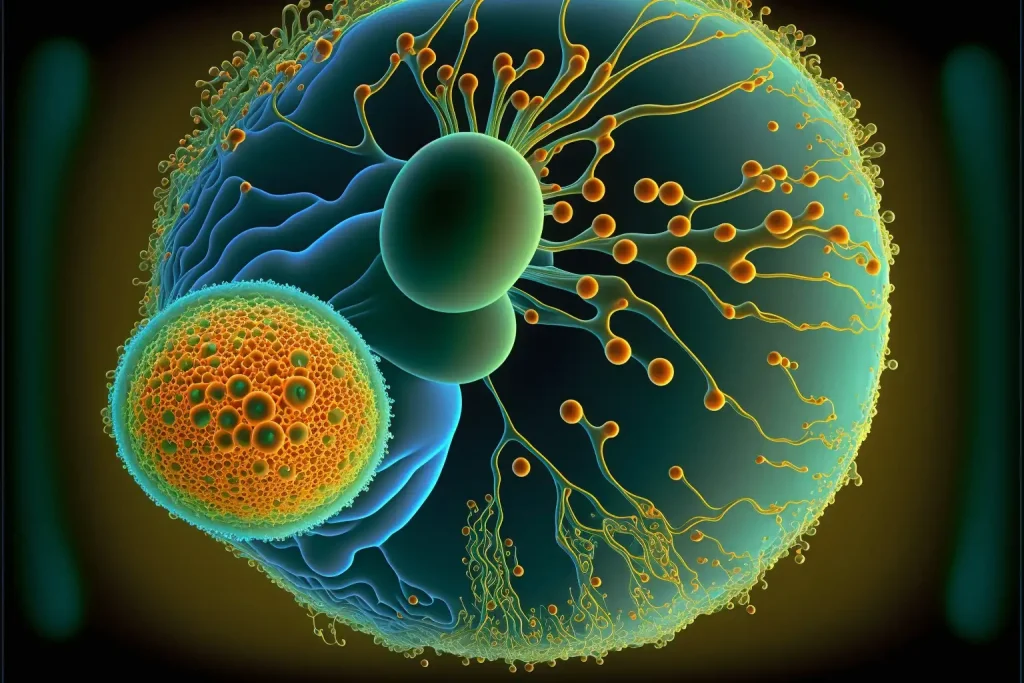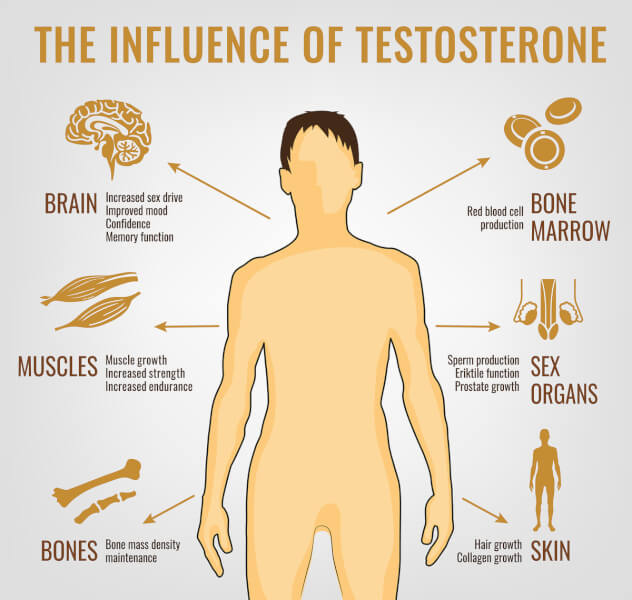Revitalizing Health Through Advanced Cellular Therapies: Stem Cells, PRP, and NK Cells
At our center, we offer advanced cellular therapies that use the body’s own cells to promote healing and wellness. Our treatments include mesenchymal stem cells, which can help repair damaged tissues and reduce inflammation, making them effective for a range of health issues. We also use Platelet-Rich Plasma (PRP), where a small amount of your blood is processed to concentrate the healing factors, helping with recovery and rejuvenation.

In addition, we provide Natural Killer (NK) cell therapy, which strengthens the immune system by boosting your body’s natural defenses. These therapies are designed to help your body heal itself, promoting overall health in a safe and natural way.

Stem Cell Therapy: A Universal Promise for Healing and Restoration
As a frontier in medical therapy, stem cell treatments offer new hope for individuals suffering from a myriad of conditions, paving the way for innovations in tissue restoration, inflammation control, and immune system modulation. By evolving into specialized cells, stem cells can replace those that are damaged, rejuvenating organ and tissue function—be it in rejuvenating the heart after a cardiac event or reviving the cartilage in joints affected by osteoarthritis. Beyond physical repair, stem cells have the unique ability to modulate the body’s inflammatory responses and regulate immune functions, essential for maintaining harmony within the body’s defense system. This broad therapeutic scope heralds stem cell therapy as a promising avenue for those battling autoimmune diseases, degenerative conditions, or facing organ transplantation, marking a significant leap towards fostering improved health and an enhanced quality of life.
Stem cell therapies involve using stem cells to treat or prevent a disease or condition. Stem cells have the unique ability to develop into many different types of cells in the body. They can serve as a repair system, potentially regenerating damaged tissues and organs by replacing diseased cells with healthy ones. This approach can offer hope for treating various conditions, including degenerative diseases, injuries, and certain chronic conditions.
Stem cell therapies are being explored for a wide range of conditions, including but not limited to, orthopedic injuries, heart disease, neurodegenerative diseases (such as Parkinson’s and Alzheimer’s), diabetes, and certain types of cancer. Research is ongoing, and the list of treatable conditions continues to grow as new discoveries are made.
The safety of stem cell therapies depends on various factors, including the type of stem cells used, the method of delivery, and the condition being treated. While many stem cell treatments have been found to be safe in clinical trials, it’s important to undergo therapy under the guidance of accredited and experienced medical professionals. The regulatory landscape is also evolving to ensure patient safety and efficacy of these treatments.
Stem cells can be derived from several sources, including embryonic stem cells, adult stem cells (found in bone marrow, fat tissue, and other organs), and induced pluripotent stem cells (adult cells that have been genetically reprogrammed to an embryonic stem cell-like state). The source of stem cells used in therapy is carefully selected based on the specific needs of the treatment and ethical considerations.
The process typically begins with a detailed medical evaluation and consultation to determine if stem cell therapy is appropriate for your condition. If you’re a candidate, the next steps involve the collection of stem cells (either from your body or a donor), processing and preparing these cells, and then administering them through injections or infusions. The specific process can vary depending on the type of therapy and the condition being treated. Post-treatment, patients may undergo monitoring to assess the effectiveness of the therapy and manage any side effects.
From Our Blog - Medical News, Clinical Trials and Guidelines
Managing Stress to Prevent Weight Gain
In our fast-paced world, stress has become a constant companion for many of us. While…
READ MOREIntermittent Fasting: Unlocking a Healthier You
In the bustling rhythm of modern life, finding a diet plan that fits can feel…
READ MOREPreventing ED: Tips and Strategies for a Healthier You
Erectile dysfunction (ED) is a topic many shy away from, yet its impact on life…
READ MOREThe Science of Weight Loss: Understanding Metabolism and Caloric Deficit
In the journey to weight loss, two words frequently emerge at the heart of every…
READ MORENeed some advice from our experts?
Request a Call Back Today Now!
We will make a single attempt to contact you from a withheld number, usually within 24 hours of your request.

- The quickest way to get in contact is to telephone +6016 939 4199






